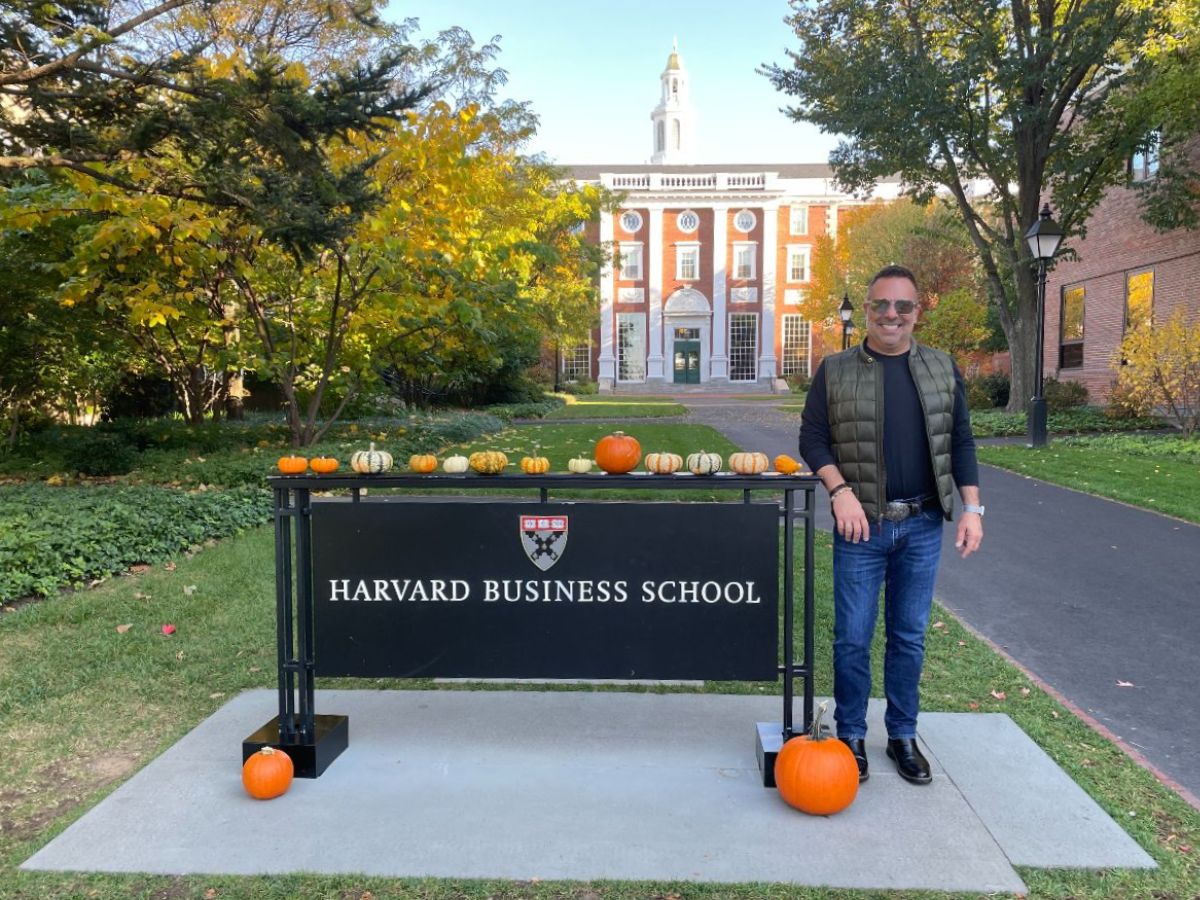

I am highly, highly driven and empathetic. I can fit so much into every day because of the drive that I have to make a difference, whether that be for my family, my community, my orbit of friends, my professional acquaintances, or where I volunteer. I’m also not a “ta-da” person. I don’t want to unveil something, or reveal something. I want to co-create, and work hand-in-hand. I’m totally flexible when something that seemed like a good idea falls apart or has no traction behind it. I’ll say, let’s pivot and move on to something that is worthy of our time and our talents. That is very much how I lead my organization, and also how I live my life.
My leadership style is inclusive and transparent. My style is to create a space of grace and acceptance and freedom of thought and expression, so there’s nothing off the table with my team. I do the same thing when I’m involved in volunteer leadership opportunities, as a chair of a board or a chair of an event. I am a sponge, wanting to learn as much as I possibly can. So when I am asked to join a meeting or to take a meeting with a person or an organization I don’t know, my answer is always yes. I want my view on the world to be forever expanding.
I learned early on that every single human being, every one of us, has something we can contribute back to our community. It doesn’t take a lot of zeros; it takes passion. It is up to us to figure out our level of contribution. Will we be making a sandwich for a person who’s on the street corner who’s hungry, or do we want to make system-level change? I’ve always been the one who asks, Why is this person on the corner begging for food, and how do we create access for everybody in our community, so nobody goes hungry?
To create system-level change, we have to address the root-causes of problems, and also build coalitions that include people working on the ground, and people with lived experience. I easily could have ended up in foster care, but I was fortunate to have been adopted. As the Morgridge Child Welfare Fellow at the Common Sense Institute, I recently co-authored a report on the impact of foster youth who age out of our foster care system in the state of Colorado. For the first time, we calculated the costs to taxpayers, and to the young people themselves. The results were shocking, really. Devastating. We can, and we must, do better than we are doing. So now, we’re promoting four policy recommendations that came out of the research. We are at the state level working to create policies that are pro-child and pro-family. We’re also drilling down into implementation science. We need to understand how we can support nonprofits in the field that are working directly with families to make sure they have the resources they need.
This is a philosophy that I live by. Any door that is opened, I will walk through, and I will open any door I can for any organization for whom I volunteer, or work for, or am a part of—because I truly believe that our own personal view on the world is myopic to us. So everything that we can learn and view and experience and see and participate in, with people who are different than we are, is going to make us stronger leaders, better human beings and stronger in our communities.